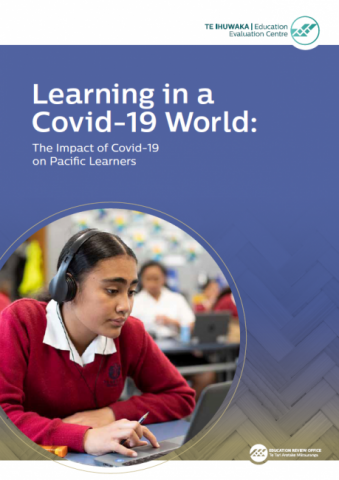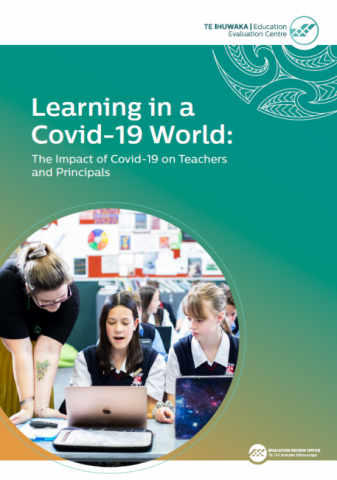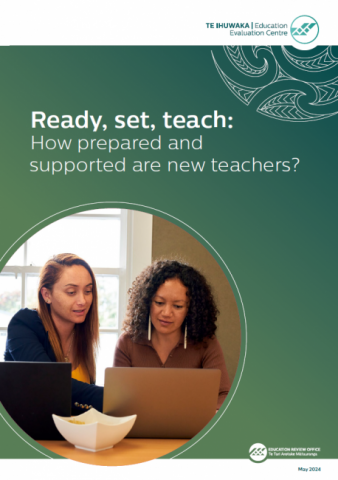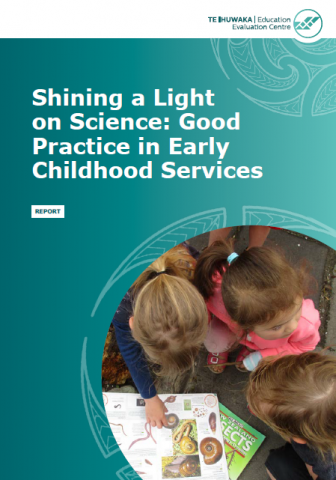Measuring Change in Education Systems: A Review
Published: 24 Nov 2021
This work explores global best practice for measuring education system change. It considers the variation found between different approaches to measuring education system change, looking particularly at how select individual countries and multilaterals each approach this. This work will also consider what can support countries to monitor education performance.
- Audience:
- Academics
- Education
- Content type:
- Research
- Topics:
- Te Ihuwaka | Education Evaluation Centre


















